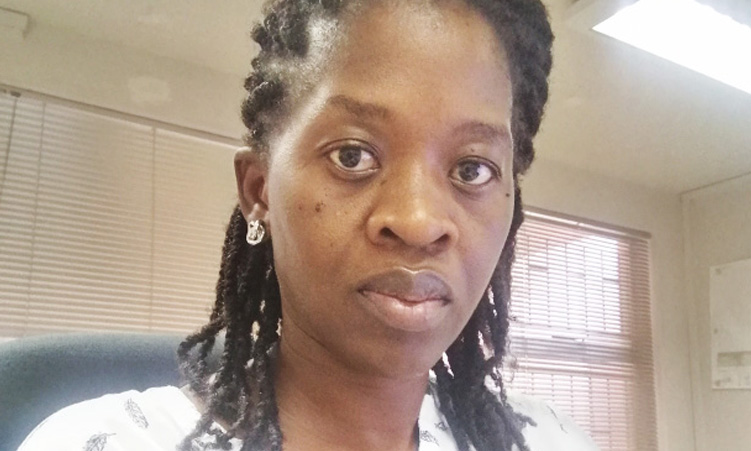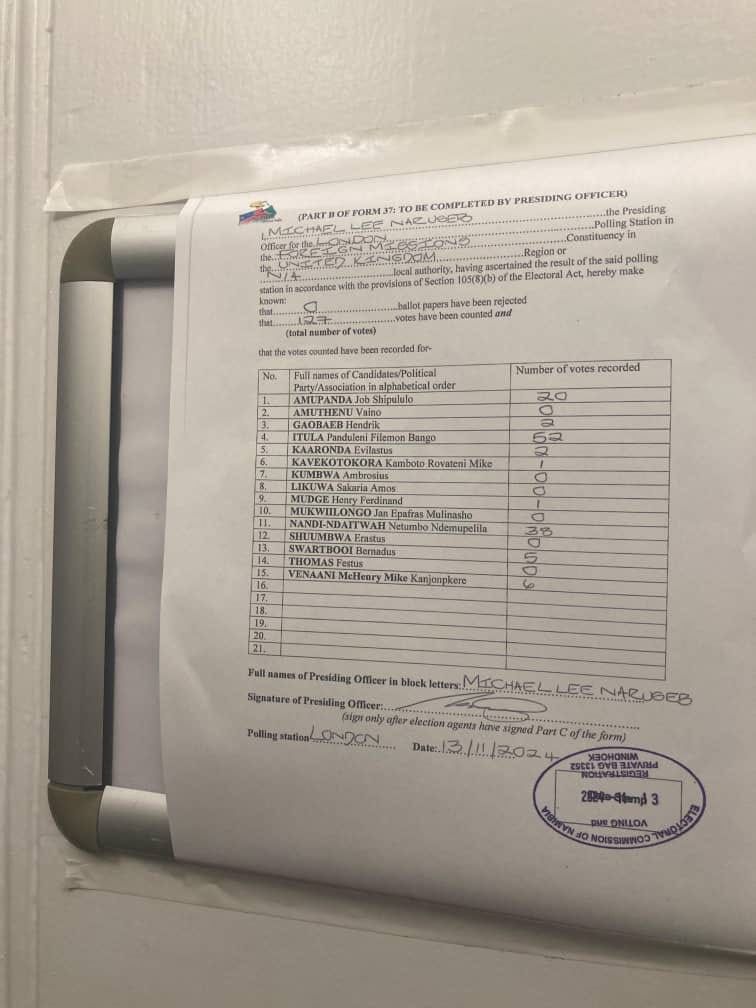Almost half of Namibians rely on communal land resources for their livelihood.
Land is a critical resource in communal areas’ food production systems and an integral identity element.
The governance and administration of land in communal areas have largely depended on traditional customs, mostly focusing on land allocation for residential and subsistence farming.
Traditional practices are suitable and effective in low population circumstances and in traditionally dominated areas.
However, since independence, communal areas have undergone and are still experiencing drastic changes, including population growth and the introduction of formalised land governance processes.
As a result, contemporary land governance and administration are under pressure and must meet the challenge of managing competing interests, population growth, effects of climate change and alignment with provisions of the Communal Land Reform Act (2002) and other relevant legislation.
This requires conventional knowledge and informed theoretical skills from all concerned.
ENGAGEMENT
This article aims to encourage land administration graduates to take up space in communal land governance.
There is an absence of active civic engagement in land governance and administration in Namibia’s communal areas.
This creates an information vacuum and is an opportunity for graduates to harness civic engagement for effective communal land governance.
Civic engagement is a fundamental element in community education and awareness creation on various subjects.
In terms of knowledge creation, I believe graduate students are equipped with a wide-ranging comprehension of topical issues on land governance and administration – from the historical and developmental stages to legal and contemporary socioe-conomic implications.
This knowledge is crucial if applied effectively towards educating communities, helping close the knowledge gap between traditional leaders and communal land boards.
MUTUAL BENEFITS
In addition, there is an absence of extra voices to support communities on land-related claims for social services and justice.
These communities largely depend on the government to provide services in the public’s best interest.
However, in many cases, what the government terms as “best interest” is left to the interpretation of the communities.
Hence, non-governmental organisations are expected to represent communal landholders or users and to enforce checks and balances in communal land governance and administration without disruption.
Graduate students have the potential to educate communities specifically on the Communal Land Reform Act and other legalities that affect land governance, e.g. inheritance and land conflict management mechanisms.
The involvement of graduate students can improve awareness of how land should be managed and used.
Students are also able to advise communities on the benefits of customary land rights registration, the consequences of illegal land transactions and the implications of allocating land in flood-prone areas and grazing areas.
This can enable residents to make better-informed decisions about the services they receive and the standard of service they should expect from the government.
JOB CREATION
Finally, graduate students’ involvement in civic activities can play a crucial role in employment creation.
It is important for students to understand that entrepreneurship does not always have to be profit-oriented.
As a starting point in a country faced with high youth unemployment, social entrepreneurship can become a platform for graduates to practise what they learned and build capacity through practical experience for future formal employment.
This is a crucial diversification of the job market land administration students as they largely depend on the public service for jobs.
It is well known that the government alone cannot absorb everyone.
Therefore, there is a need for concerted efforts by different stakeholders to effectively address communal land governance awareness and job creation.
– Celina Awala is a lecturer in the department of land and spatial sciences at the Namibia University of Science and Technology. She is also a PhD fellow in spatial sciences. She writes in her personal capacity.
Stay informed with The Namibian – your source for credible journalism. Get in-depth reporting and opinions for
only N$85 a month. Invest in journalism, invest in democracy –
Subscribe Now!






